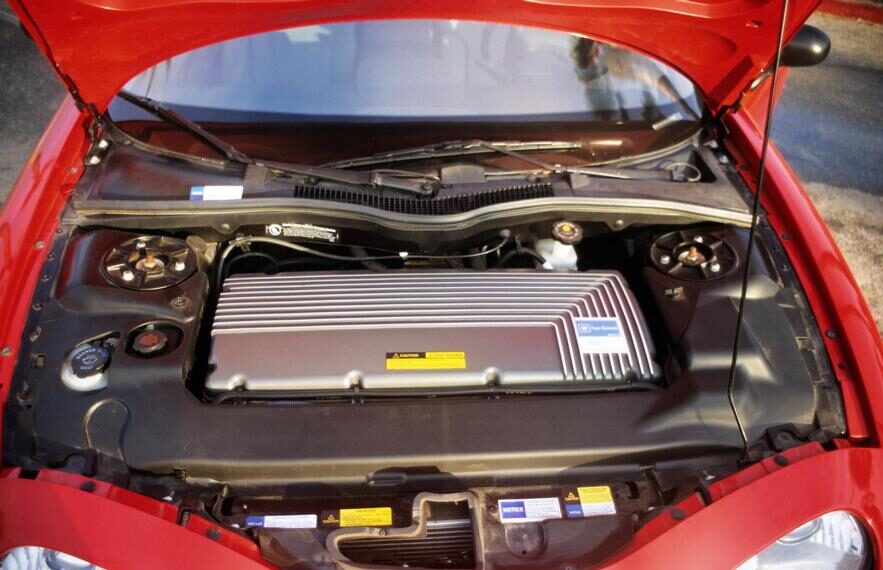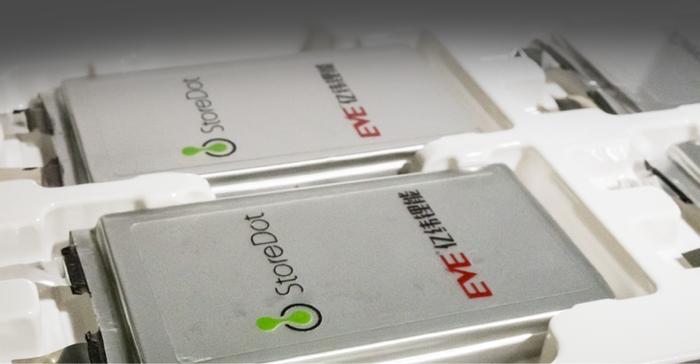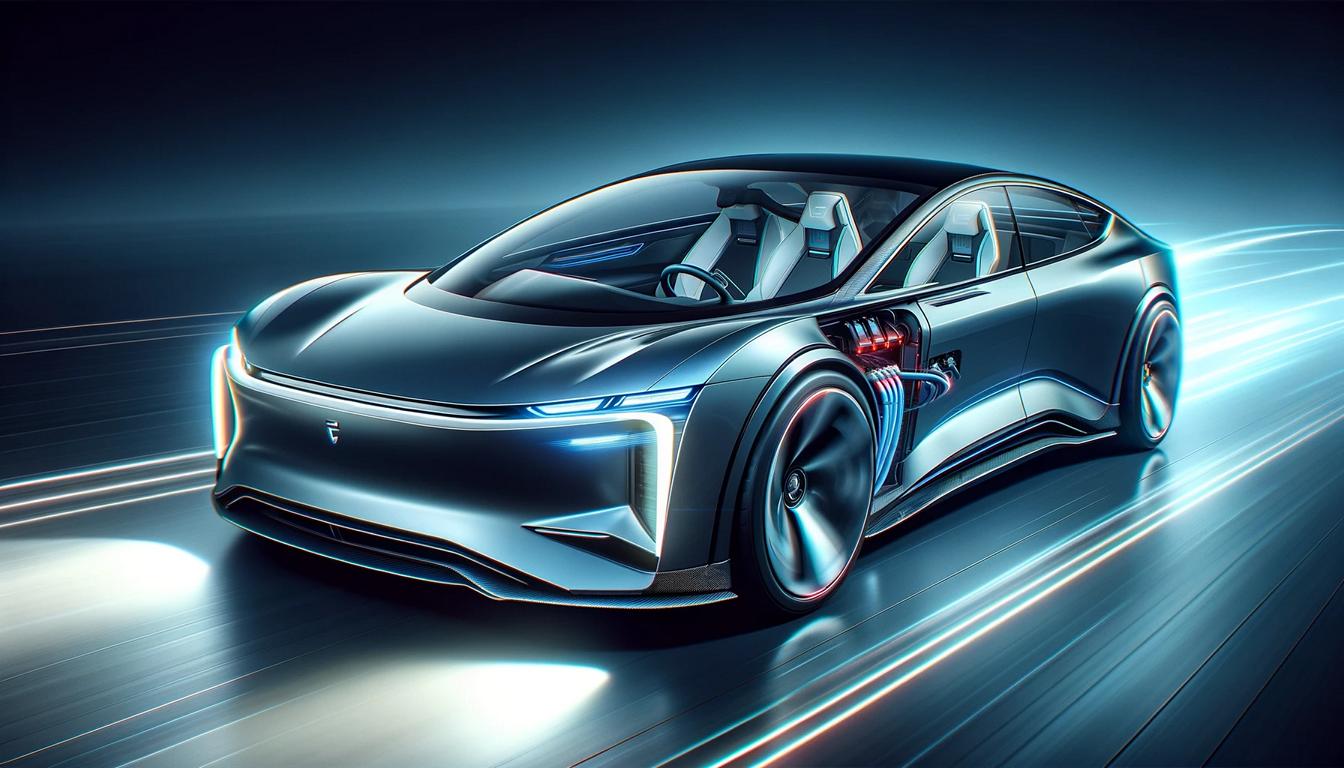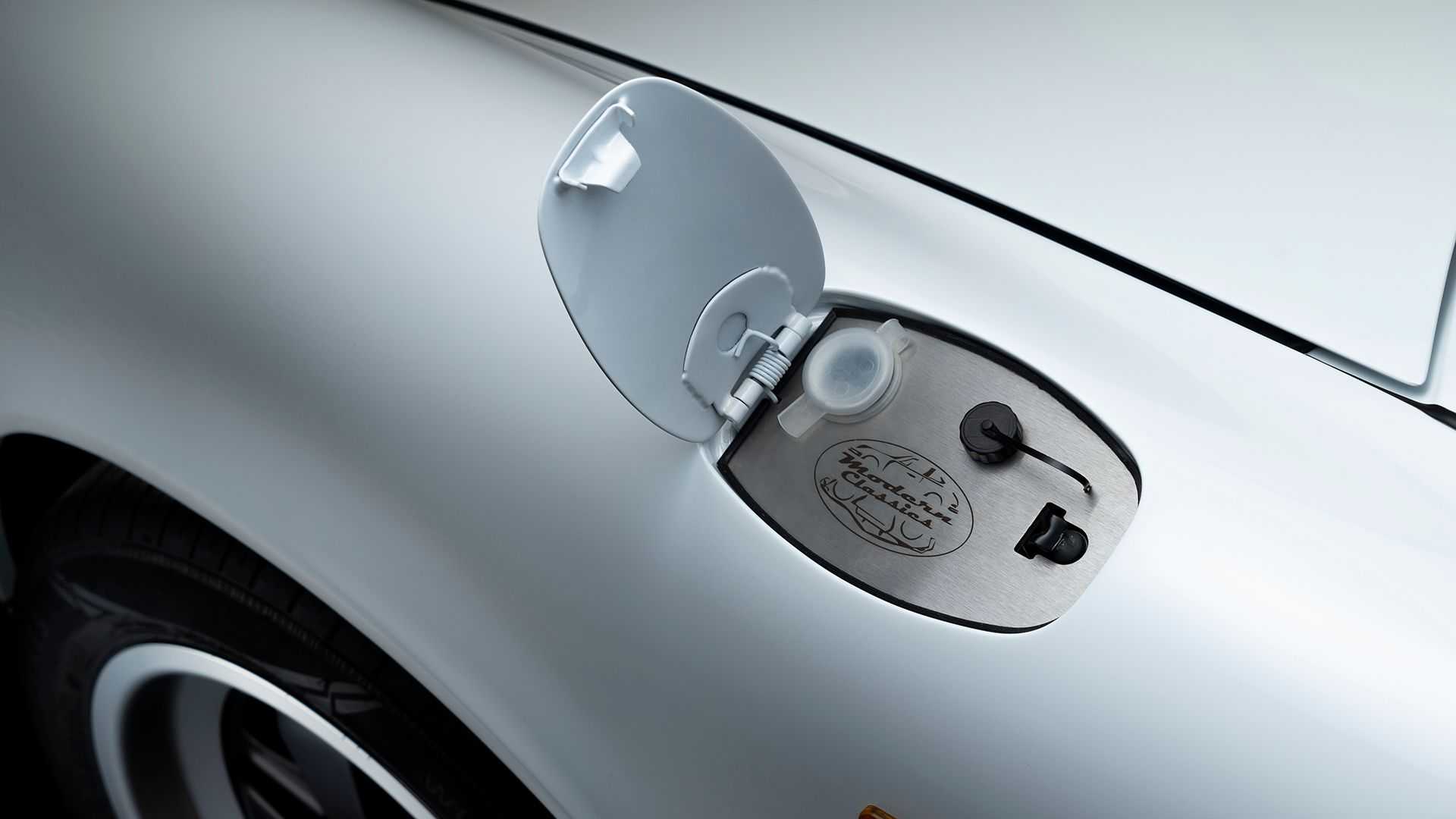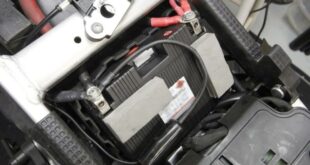Recently updated on November 25, 2023 at 11:01 am
The rapid development of electromobility has brought car batteries into the spotlight. As the heart of every electric vehicle, they are crucial for performance, range and efficiency. Advances in battery technology have a direct impact on the attractiveness and practicality of electric cars, making them a key factor in the future of the automotive industry.
Importance of battery technologies for electric vehicles
The car battery is more than just a source of energy; it is a crucial component that determines the performance and usability of electric vehicles. With increasing environmental awareness and increasing pressure to reduce emissions, electric vehicles are becoming increasingly important. Battery technology plays a central role here, as it directly influences the costs, range and charging times of electric cars.
Brief overview of the development of car batteries
The development of car batteries has made enormous progress in the last few decades. From the first lead-acid batteries to modern lithium-ion batteries, each generation has brought improvements in energy capacity, weight, longevity and environmental impact. This evolution is crucial to the increasing acceptance and distribution of electric vehicles.
Current status of car battery technology
In order to understand the current status and prospects of car battery technology, it is important to know the different battery types and their characteristics. This chapter provides an overview of the battery technologies used in electric vehicles today.
Presentation of current battery technologies
The most common batteries currently used in electric vehicles are lithium-ion batteries. They offer a good balance between energy capacity, longevity and cost. Lithium-ion batteries are known for their high energy density, meaning they can pack a large amount of energy at a relatively low weight Energy can save. This property is particularly important for the range of electric vehicles.
Comparison of the different battery types
In addition to lithium-ion batteries, there are also other types such as nickel-metal hydride or lead-acid batteries, but these are less common due to lower energy density and higher weight. A direct comparison shows that lithium-ion batteries are superior in terms of performance, efficiency and environmental impact, but they are more expensive to produce and present challenges in raw material procurement and recycling.
Solid State Batteries: The Next Generation
One of the most promising developments in the world of car batteries is the introduction of solid-state batteries. This technology is at the heart of research and development and could fundamentally change the way we think about electric vehicles.
Introduction to solid-state battery technology
Solid-state batteries differ from traditional lithium-ion batteries in that they use a solid electrolyte instead of a liquid solution. This change promises a number of benefits, including higher energy density, improved safety and longer lifespan. The solid electrolyte reduces the risk of battery fires and enables a more compact and efficient design.
Advantages over conventional lithium-ion batteries
Perhaps the biggest advantage of solid-state batteries is their potentially higher energy density. This could lead to electric vehicles with significantly longer ranges without the batteries increasing in size or weight. Additionally, solid-state batteries could charge faster and have a longer lifespan than current battery systems, reducing the total cost of ownership of electric vehicles.
Potential of solid-state batteries for electric vehicles
The introduction of solid-state batteries in electric vehicles could represent a revolution in the automotive industry. This chapter examines the potential of this technology for the future of electromobility.
Possible performance improvements
With a higher energy density, solid-state batteries could power electric cars that achieve comparable or even greater ranges than conventional combustion vehicles. This would significantly reduce one of the biggest hurdles in the acceptance of electric vehicles – range anxiety. In addition, the faster charging times could make charging electric vehicles more convenient and suitable for everyday use.
Effects on range, charging speed and lifespan
The use of solid-state batteries could significantly increase the range of electric cars, which in turn would increase consumer confidence in this technology. Shorter charging times would also make charging just as convenient as refueling a conventional car. The longer lifespan of solid-state batteries would also reduce maintenance costs and reduce the environmental impact of battery waste.
Challenges in the development of solid-state batteries
Despite their significant potential, solid-state battery developers face a number of challenges. These must be overcome before these batteries can find widespread use in electric vehicles.
Technical hurdles and research priorities
One of the biggest technical challenges in solid-state batteries is producing a stable yet conductive solid Electrolytes. This must be able to transport ions efficiently without causing chemical instabilities or drops in performance. Furthermore, the integration of solid-state batteries into existing vehicle architectures and production lines represents another challenge. Research and development work therefore focuses on materials science, electrochemistry and manufacturing technology to overcome these hurdles.
Economic aspects of manufacturing and market launch
In addition to the technical challenges, economic aspects are also crucial for the success of solid-state batteries. Manufacturing costs are currently still high, and scaling production to an industrial level represents a significant financial investment. Reducing manufacturing costs through improved manufacturing processes and optimization of material sourcing is therefore a key focus for the commercial introduction of solid-state batteries.
Alternative future technologies for car batteries
In addition to solid-state batteries, there are other innovative approaches to battery technology that have the potential to influence electromobility. This chapter provides an overview of other promising battery technologies and discusses their possible advantages and disadvantages.
Overview of other innovative battery technologies
Besides solid state batteries Other battery technologies are also being researched and developed. These include lithium-sulfur batteries, which promise higher energy density, as well as lithium-air batteries, which could theoretically offer even higher capacities. However, these technologies are still at an earlier stage of development and have their own technical challenges.
Advantages and disadvantages compared to solid-state batteries
Each of these technologies has its specific advantages and disadvantages. Lithium-sulfur batteries, for example, could represent a cheaper alternative to lithium-ion batteries in the future, but are currently less stable. Lithium-air batteries offer exceptionally high energy density, but have issues with longevity and efficiency. Choosing the optimal battery technology ultimately depends on a number of factors, including energy capacity, cost, safety and environmental impact.
- This article was created in cooperation with Samuel Obermeier: Samuel Obermeier is a recognized expert in the field of energy and sustainability and the founder of stromzentrum.de. With his extensive knowledge of renewable energy and efficient energy solutions, he is committed to helping consumers make informed decisions on energy issues. He is particularly committed to the areas of energy efficiency, innovative technologies and green energy. Through his work he wants to raise awareness of sustainable energy solutions and make a positive contribution to environmental protection. Samuel is known for his practical advice and his ability to communicate complex topics in an understandable way.
thematically relevant posts
In our category Tips, products, information & Co We have reviews of car or accessories manufacturers, new ones Tuning Wiki Terms or one or the other Leak veröffentlicht.
 tuningblog.eu Your magazine about tuning the car
tuningblog.eu Your magazine about tuning the car
